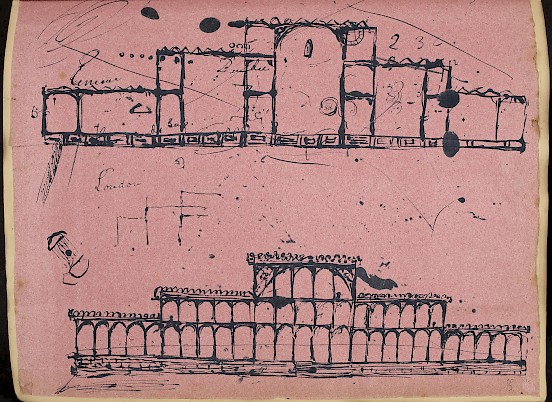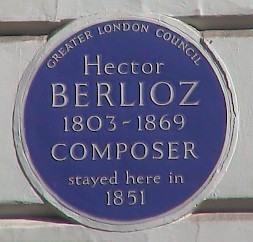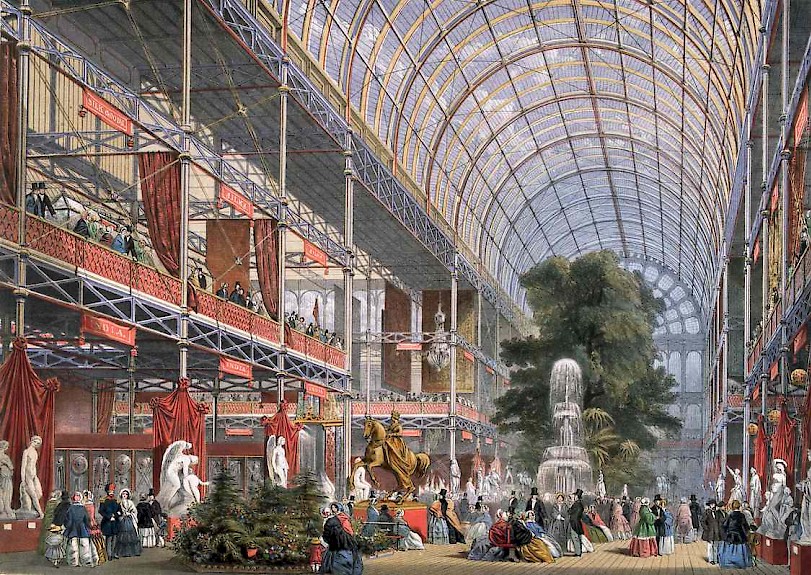New Philharmonic Society
' "Unequalled music": Berlioz, 1851 and the New Philharmonic Society', Berlioz Society Bulletin, no. 208 (August 2019), 5-17
Originally given as an invited talk for the Sixteenth Annual Berlioz Society Weekend, Berlioz in Britain, 24-25 November 2018, Art Workers' Guild, Queen Square, London; revised for the Twelfth Biennial Conference on Music in 19th-Century Britain, Canterbury Christ Church University, 3-5 July 2019. A pdf file is available here.

Links between the radically imagined Great Exhibition of 1851 and the New Philharmonic Society of 1852 have been suggested but never explained. Hector Berlioz's presence in London in both years, as a jurist on the Exhibition's music instrument panel and then as conductor of the new orchestra briefly, could be seen as significant. At the same time, other narratives stress the New Philharmonic Society (NPS) as chiefly intended to oppose the old Philharmonic, with Berlioz simply a convenient catalyst and the Exhibition unrelated.
This article untangles the NPS partners to understand mid-19th-century London orchestral life better. Berlioz and his publisher-friend Frederick Beale, the young 'music professor' Dr Henry Wylde, and their group of industrial sponsors each played a part in the enterprise. Though acting together at first, each participant held a distinct view of what the new society was meant to achieve; and each vision depended on circumstances beyond any one person's control. In the beginning Berlioz delivered astonishing performances - precisely the 'unequalled music' Edward Holmes had described as a typical result when Berlioz directed public concerts. Berlioz's revelatory NPS performances would later help to inspire some of the most potent British cultural advances of the century. The hope vested in his leadership had not been misplaced.
But the NPS is also widely thought to have declined and faded in cultural importance. I propose a fresh view of its function in the larger trajectory of London concert development, showing how Wylde helped to cultivate a discriminating amateur audience for classical music over decades, seeding the ground for London's late 19th-century surge in orchestral culture. Berlioz's catalytic importance in this process has not been sufficiently appreciated. With London audiences and critics in his lifetime,  it was his directorial competence that registered above all. His practical skills and magnetism before an orchestra were rated highly precisely because their results opened a new world of sound, and new possibilities for music-making and listening in the capital.
it was his directorial competence that registered above all. His practical skills and magnetism before an orchestra were rated highly precisely because their results opened a new world of sound, and new possibilities for music-making and listening in the capital.
'I've learnt so much.
Many, many thanks.'
David Cairns, author, critic and President of the Berlioz Society
 Langley
Langley